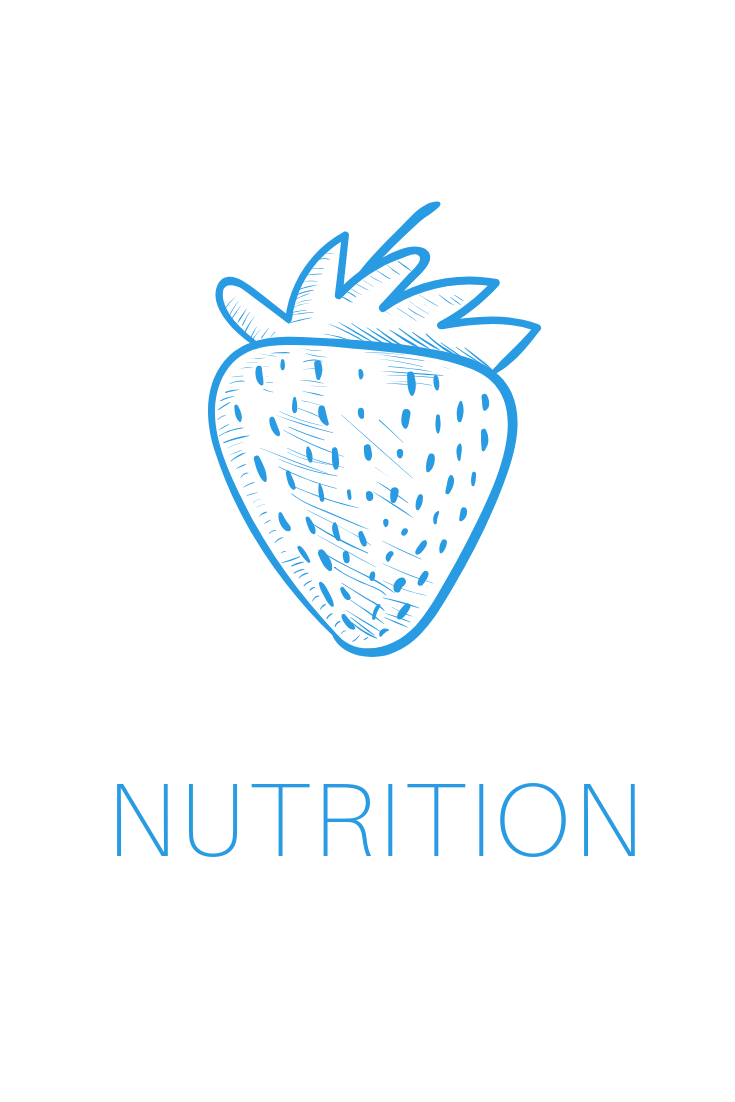Gut Health Plain And Simple
Good gut health has been linked to lower incidence of obesity, fewer autoimmune conditions, longer lifespan, healthy brain function and happiness.
The bacteria that lives inside us makes up 90 percent of the cells in our body. Their main job is to break down and digest our food, unlocking the vitamins and nutrients as needed. The trillions of bacteria in our gut can be thought of as an extra 'organ' which we call our ‘microbiome’.
Tim Spector, Professor of Genetic Epidemiology at King’s College London and the director of the British Gut microbiome project, is undertaking one of the longest and largest studies into the gut microbiome to find out what makes up a healthy gut.
Fibre
If you were to view your microbiome as a garden, fibre would be your fertiliser. Tim Spector suggests that most people should double their current intake. Fibre-rich foods that feed your microbiome include artichokes, leeks, celery, chicory, onions and garlic.
Fasting
The outdated advice of eating 5-6 small meals a day is not only unnecessary, but could be restricting the growth of healthy bacteria. “When you’re not eating, a whole different set of microbes comes and cleans up your gut wall, eating the sugars and things there, and that’s important in keeping a good immune balance.” Spector is not suggesting we starve ourselves. He’s saying that simply leaving longer gaps between meals can be beneficial for your gut microbes.
Variety
Spector advocates a plant-based diet with a large amount of variety. People who are eating more than 30 different plants each week have much healthier gut microbiome than those of use who are eating the same foods every day. Although it may sounds overwhelming, ‘plants’ actually includes nuts, seeds, grains, herb, spices, vegetables and fruits. By just throwing some seeds on your salad, spices into your stir fry and lentils in your bolognese, you will be surprised at how quickly you can get there.
Fermented Foods
Fermented foods such as kimchee, kombucha, sauerkraut, miso, greek yogurt and kefir all contain live cultures that can be beneficial to our gut health. There is now a huge variety of these products on the supermarket shelf, however, be aware that some of the cheaper fermented food products are highly processed, meaning the final product no longer has any live cultures left. Making these products at home is always the best option, but realistically, that’s not going to happen as often as we would like. The second best option is to buy the higher quality (and unfortunately more expensive) fermented food products. If you compare the ingredient lists of the more expensive fermented foods versus the cheaper versions, you’ll often find the more expensive products are far superior.
Sourdough bread is known to be a fermented food, however most of the active yeasts perish in the oven. The main health benefit of sourdough is due to the active yeast products breaking down the gluten in the bread itself, creating a more digestible product which results in a lower spike in glucose after consumption. “But if you make it yourself,” says Spector, “the extra microbes go on your hands and there’s increasing likelihood that people who make sourdough are potentially healthier because they have greater microbe diversity.” (With his two-loaves-a-day production line, I must have the healthiest husband in all the land!)
High Polyphenol Foods
Polyphenols are a category of compounds that act as antioxidants, meaning they can neutralise harmful free radicals that would otherwise damage your cells. Polyphenols are also thought to reduce inflammation, which is thought to be the root cause of many chronic illnesses. Polyphenols are found naturally in plant foods, such as dark fruits (e.g. berries), dark leafy greens, herbs, spices, tea, dark chocolate, and red wine (yes, I finally included red wine in a blog post. Read on…) .
Yes, due to the active polyphenols present, red wine in moderation can be gut-friendly. However, as usual, moderation is the key here. Spector warns that “microbes don’t cope very well if you drink too much, and liver damage also causes problems for your microbes”.
Avoid Junk Food
Junk food is the gut microbes’ nemesis. Emulsifiers, which are added to processed foods to keep texture consistent, can cause disruption of the gut microbes. The microbiome produces strange chemicals in reaction to the processed foods and there is a drastic reduction in diversity of the microbes. To study his junk food theory, Spector put his son, Tom, on a junk-food-only diet for 10 days. The results: Tom’s gut microbiome was devastated! He lost an estimated 1,400 species, nearly 40 percent of his total. That junk food is bad for us is not news, but knowing that it decimates our gut microbiome to such an extent and so quickly is worrying.
Sleep and Exercise
People who sleep poorly tend to have abnormal microbes in the gut, and people who exercise tend to have greater diversity in the variety of microbes in the gut. Aim for 8 hours of sleep a night and exercise on most days of the week.
Get a Dog
I know I am a newly doting dog owner, but I promise this was just a happy coincidence when I came across this information in Tim Spector’s research. It seems that people living with dogs have greater microbial diversity. But if you can’t get your hands on a dog right now, patting other dogs or simply playing outside in the dirt can also increase gut diversity!
“Your gut is not Las Vegas. What happens in the gut does not stay in the gut.”
By Angie Black
ANGIE BLACK
BLOG CATERGORIES:







